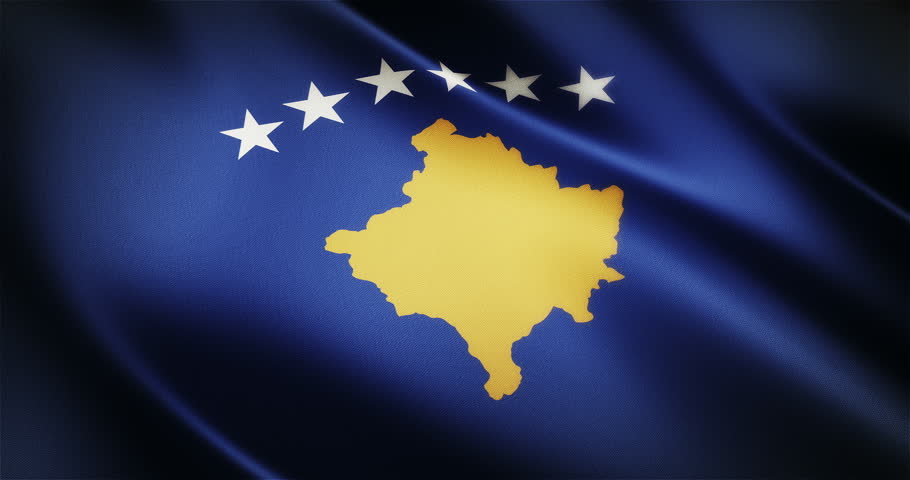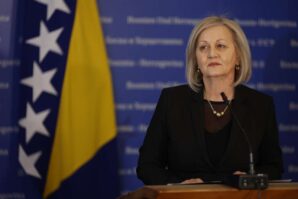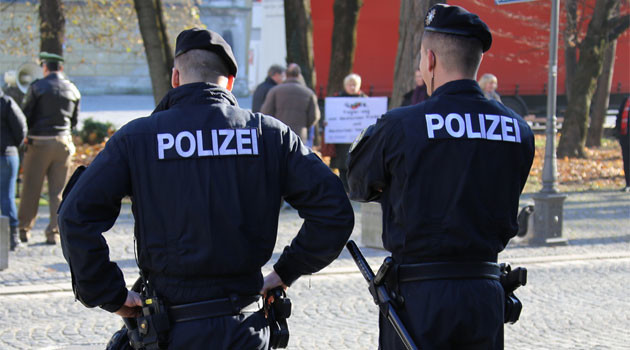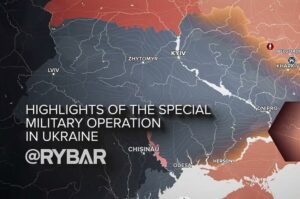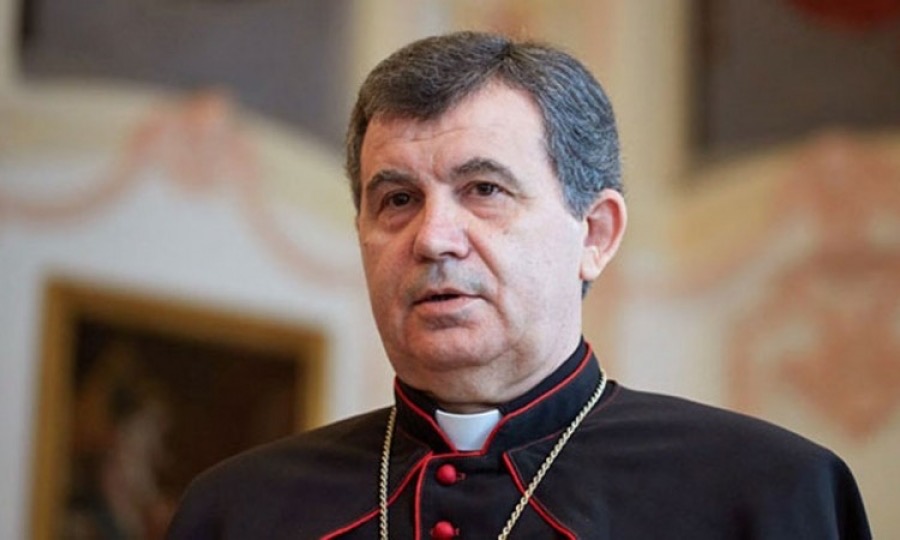Serbian Patriarch Porfirije stated in Belgrade on February 28th, during the celebration of the “first Constitution of the Republika Srpska (RS)”, that “the RS was created on the basis of fidelity to the Kosovo Vow”.
As he said, in RS “they know best what that vow means, what is the cross and the Resurrection, which does not exist outside of our faith, the church, and Christ”.
The creation of the Kosovo vow is related to the 19th century, the time of the collapse of the Ottoman Empire when the Serbian national consciousness was raised by the epic folk songs of the Kosovo Cycle, which talks about the Battle of Kosovo in 1389.
However, young people in Banja Luka, the largest city in the RS, were asked how much they know about the Kosovo Vow and what this myth has to do with the RS, an entity in Bosnia and Herzegovina (BiH).
Aleksandar Jaredic, a third-year student at the Faculty of Agriculture in Banja Luka, connected the Kosovo Vow with, as he put it, “renunciation of Kosovo”.
“We must never give up Kosovo because if we give up Kosovo, we also give up our history, that is, who we are,” Jaredic says.
On the other hand, Petar Cavara, a first-year mechanical engineering student in Banja Luka, points out that he was never interested in topics such as the Kosovo Vow and similar, “which provoke nationalism”.
“I only look forward, not to the past. I want that there is no source of nationalism, and now if there is, those are other topics I wouldn’t go into. Nationalism is still present and we need to move away from it,” said Cavara.
The RS is one of the two entities of BiH, a country whose internal organization was determined by the Dayton Peace Agreement of 1995. It ended the war that claimed around 100.000 lives.
Although the Dayton Agreement brought peace, BiH has remained burdened by internal inter-national divisions, which are one of the reasons for the state’s dysfunctionality, which is also manifested in the political arena through references to concepts such as the “Kosovo Vow”, Slobodna Evropa reports.
E.Dz.










